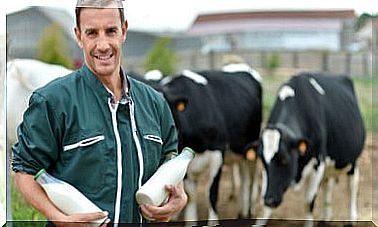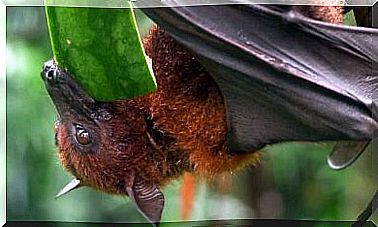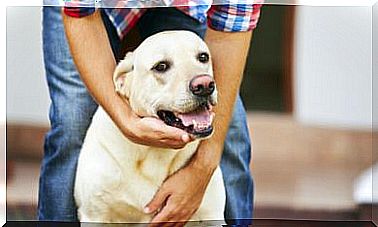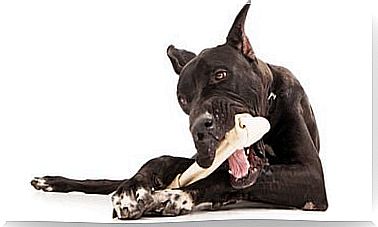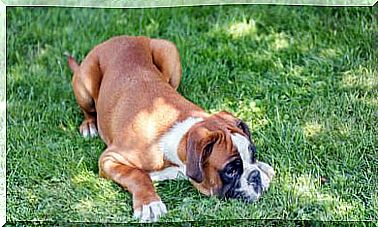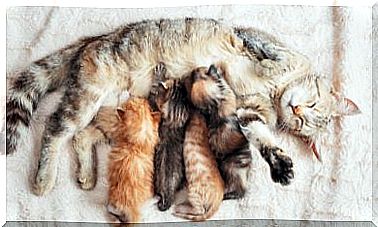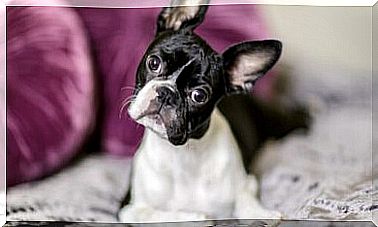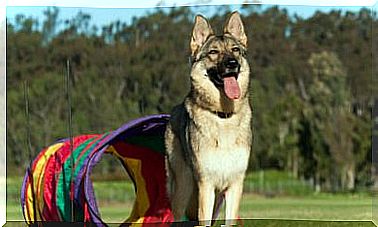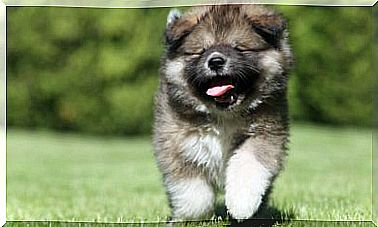Do You Know What De-objectification Of Animals Is?
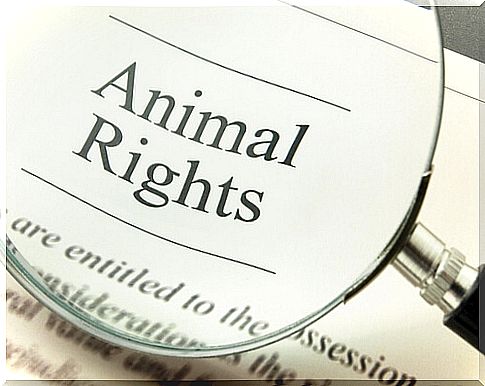
The de-objectification of animals is a necessary process for the effective legal recognition of their rights. Even so, international constitutions still maintain the treatment of non-human animals as goods (or objects). The absence of a specific legal personality prevents them from being recognized as beings endowed with rights naturally.
To all the above, it must be added that the qualification as good alienates the animals from their cognitive and emotional faculties. Consequently, their interests and their own integrity end up being determined (and limited) by the rights granted to their owners. To understand a little better the importance of the de-objectification process of animals, let’s start by differentiating natural rights from legal ones.
Natural rights and de-objectification of animals
Natural rights should (at least theoretically) be granted to all subjects of interests and living beings endowed with the ability to feel. It is generally recognized as the most fundamental natural right to live a life free from any physical or psychological torture.
By common sense, we would not hesitate to affirm that non-human animals are endowed with sensitivity. Then they too should be granted the corresponding natural rights, right? But in practice, this is not so easy … Why?
Basically, because almost all the laws in force in different countries still consider animals as movable property. Or worse still, as resources for human subsistence (mainly species created industrially for the production of food and consumer goods).
As natural rights are not recognized for goods, neither are animals. Among many negative implications, this reification in legal matters makes the existence of the animal conditioned to the domain of the human being.

Animals as subjects of legal right
The modernization of the laws allows expanding the contexts in which animals can be considered as subjects of legal right. Consequently, it is increasingly viable and common to use the Law to protect the physical and mental integrity of other living beings.
The expansion of the legal understanding on animal abuse and the toughening of the sanctions applicable to this crime are important steps in the field of Animal Law. But, by themselves, they are not enough to change the current legal treatment.
The effective de-objectification of animals implies modifying the current text of international constitutions. It is necessary to include a legal personality of non-human animals, which differentiates them and separates them from property, understanding their cognitive, emotional and social capacities.
Only then does it become possible to work on effective measures for the protection of your own needs and interests. Not articulated or dependent on human needs and interests, but derived from their particularities and requirements as living and sensitive beings.
Ultimately, animal rights will only cease to be an ideal, a utopia, and will become a reality through legal de-objectification.
Legal changes
A new legal personality for pets in Spain: why is the proposed law problematic? Since 2017, the Proposal for a Law modifying the Civil Code, the Mortgage Law and the Civil Procedure Law, on the legal regime of companion animals , has been approved .
The main proposal of this law is to generate a special legal status for companion animals, recognizing them as sentient beings that cannot be equated with movable property.
One of the most significant modifications would occur in article 333.1 of the Spanish Civil Code. The current text provides that all things that can be (or are) appropriate by human beings must be considered as movable or immovable property, according to their characteristics.
With the modification, the provisional fragment would now read the following:
Although it represents an important initiative for the de-objectification of animals, the proposal reveals some old problems. The main one is to continue to persist in the differentiation of treatment between companion animals and other species.
While pets would gain a specific judicial personality, the text leaves open the possibility that other animals continue to be managed as human subsistence resources or assets of their owners.
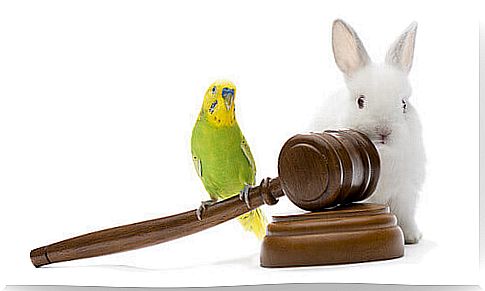
The provisional text is also not meticulous in detailing specific parameters to guarantee the physical and emotional integrity of these animals. Consequently, it could also continue to leave room for subjective interpretations regarding the protection and welfare of pets.
